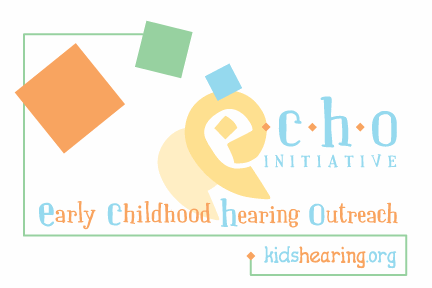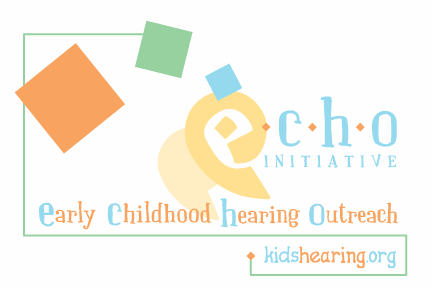
Better Speech and Hearing Month
Coffee Break
15-minute Mini-Webinar
co-sponsored by
the Office of Head Start & Office of Special Education Programs (OSEP)
Introduction to Evidence-Based Hearing Screening Practices for Children 0–3 Years of Age
Thursday, May 21, 2015
3:00 p.m. Eastern

|
Professionals in many early care and education settings engage young children in daily language-learning activities, unaware that some may have a hearing loss. Many programs that are committed to promoting and monitoring language development throughout the early childhood years do not adequately monitor that status of a child's hearing. As a result, children with hearing loss are not identified as early as possible. Undiagnosed or misdiagnosed hearing problems can negatively affect a child’s cognitive development, language learning, speech and school readiness. How can we help providers to incorporate evidence-based hearing screening practices as a vital step in school readiness? This webinar will:
Who should attend: This mini-webinar is for:
When: Thursday, May 21st, 2015 Questions: The webinar content will be completed in 15 minutes. Presenters will remain online at the end to answer questions. |
The ECHO Initiative
www.kidshearing.org
echo.ncham@usu.edu
303-503-0858

